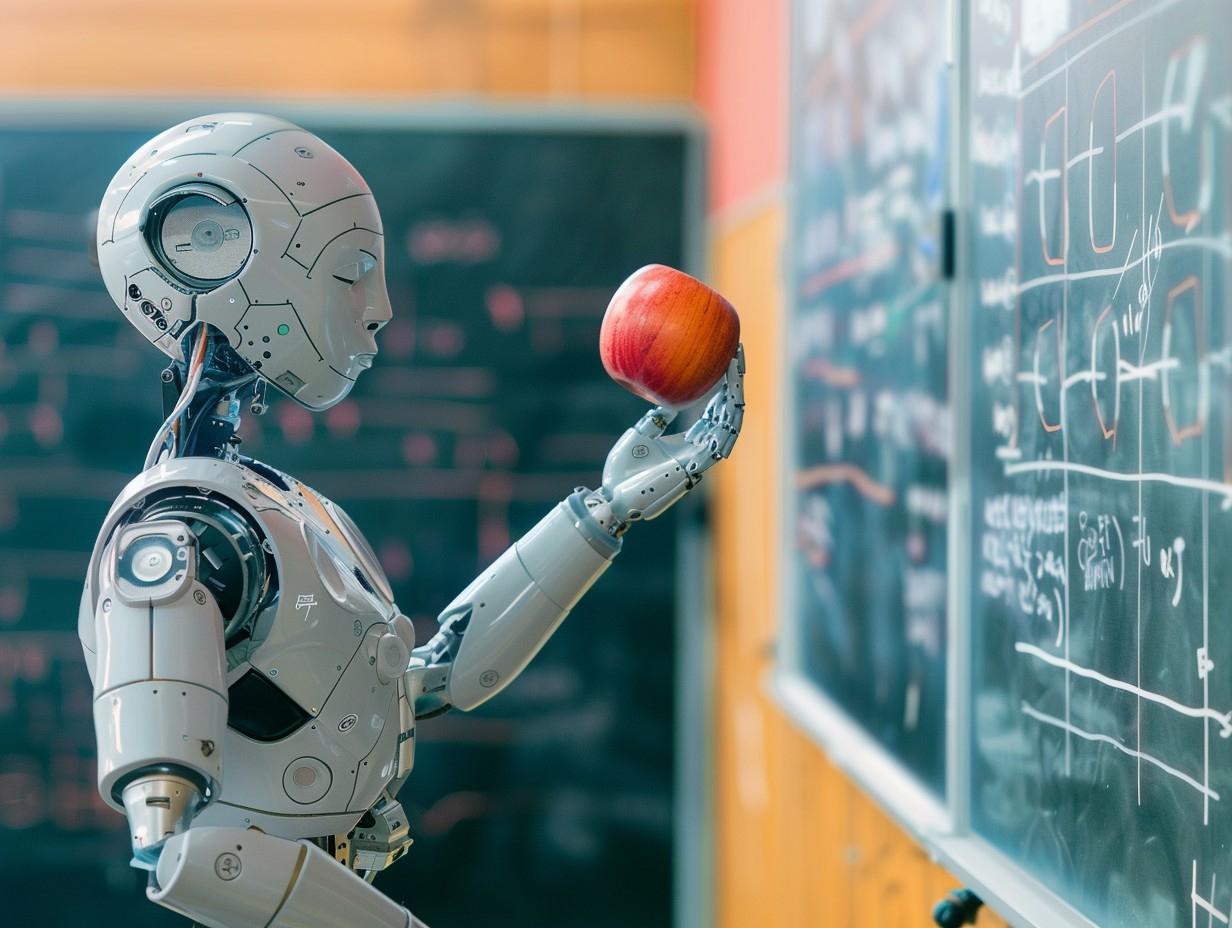Ever since ChatGPT appeared on the scene last year, there has been a great deal of conjecture over the long-term effects on many businesses and activities. However, the impact on education has been felt more instantly than anywhere else.
The role of AI in student learning
Students, rather than working themselves via conventional learning exercises, might ask a computer to write essays, solve arithmetic problems,or finish complicated coursework projects quickly and attribute the results to themselves.
But the equation is changing as now institutes are looking at ways they can incorporate AI in the education system that can produce positive outcomes and enhance the learning experience rather than stifle it.
There is an abundance of data that shows how students around the world are utilizing AI to complement their studies. In addition to that, students also want to learn AI. A study report by the GoStudent organization noted that 83% of students in the UK who have used AI really liked it.
The indications in the data are quite clear; for innovators and educators alike, the paradigm should be towards ‘how AI can enhance education’ rather than ‘how to stop students from using it.’

Merging AI and human elements in education
Experts think that in education, the importance of human instructors can never be underestimated. Even though AI has the potential to make tasks simple and speed up the learning process, it cannot replace the human interactions that take place in the classroom.
But AI can help teachers create tailored lesson plans in a matter of a few minutes and generate lesson transcripts and summaries so that they have more time to spend with students discussing the topics.
There are about 220 million pupils that are out of school around the globe. But the ones who are at school are also not learning the essential skills that can help them transition successfully into a useful workforce.
According to a World Economic Forum report, AI can help address these gaps in the education and social systems. The report also highlighted that, in addition to helping to develop students’ digital literacy, critical thinking, creativity, and problem-solving abilities, AI can enhance how pupils are guided and assessed.
While grading through AI remains an ethical concern, we think that the former can be achieved with the help of technology. The Forum’s Future of Jobs report ranks the above-mentioned qualities as some of the most in-demand skill sets. Above all, AI offers a more customized method of instruction that is tailored to the requirements and interests of each individual learner.





